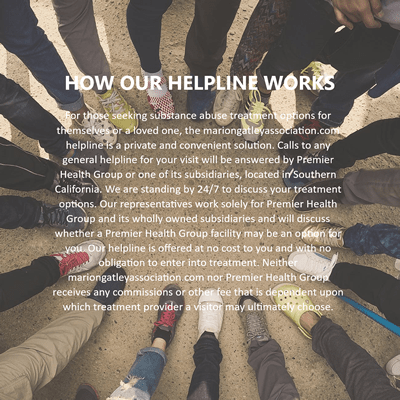Alcohol addiction is a very serious issue in the United States, particularly among teenagers and young adults. According the National Institute on Alcohol Abuse and Alcoholism (NIAAA), nearly three percent of high school seniors reported alcohol use, and almost 60 percent of college students reported alcohol use. But can drinking during the teenage years lead to future alcohol addiction? The facts may surprise you.
Underage drinking can have a myriad of negative consequences. The main health risks associated with alcohol abuse include: liver damage, impaired brain functioning, tremors, and even death. The NIAAA reports the following consequences:
“Research indicates that alcohol use during the teenage years could interfere with normal adolescent brain development and increase the risk of developing an alcohol dependence. In addition, underage drinking contributes to a range of acute consequences, including injuries, sexual assaults, and even deaths—including those from car crashes.”
Studies have shown that teenagers who use alcohol are more likely to become addicted to it and/or other illicit substances. A study from the NIAAA found that children who begin drinking by the age of 13 have a 38 percent higher risk of developing alcohol dependence later in life. This number is even higher for kids who start drinking earlier and/or have a family history of addiction. People who are predisposed to suffer from addiction must remain extra diligent when saying “no.”
The reasons teenagers drink varies from person to person but it is important to address these issues before they get out of control. Kids may drink because of peer pressure or because they want to seem cool and more mature. Other teens drink because of stress, self-esteem problems, or mental health struggles. The drinking may start off as just a beer or two here and there but can quickly escalate.
There are several signs that a teenager may be using alcohol to excess. These signs include: strange or erratic behavior, missing school or social activities, appearing withdrawn from friends or family, anxiety, depression, sweating, sleep issues, or seizures. Kids who drink are also at-risk for using other illicit drugs, such as marijuana, cocaine, LSD, or prescription medications. This may include strong painkillers that are also likely to be abused.
If you or someone you know is suffering from alcohol dependence, there are answers. There are counselors and therapists that specialize in teen drinking and can help guide families through understanding the disease of addiction. There are also treatment centers focused solely on youth that can help kids achieve sobriety, setting them up for success for life.
Using alcohol during the teenage and young adult years can lead to serious problems down the road, from stunted development to severe dependence. Kids should abstain from drinking at all times, even if their friends are doing it. If you or a loved one needs help to stop drinking, Intervention Drug Rehab Association is here to help. The cycle of addiction must be stopped before it starts, as it can lead to several health problems and even death. Talk to a teacher, counselor, or pastor about any alcohol or drug use, and don’t be afraid to seek help when you need it most.



